What Europe’s energy crisis means for Australia
Soaring gas prices in Europe threaten to trigger food shortages and massive job losses — and could have the potential to go global.
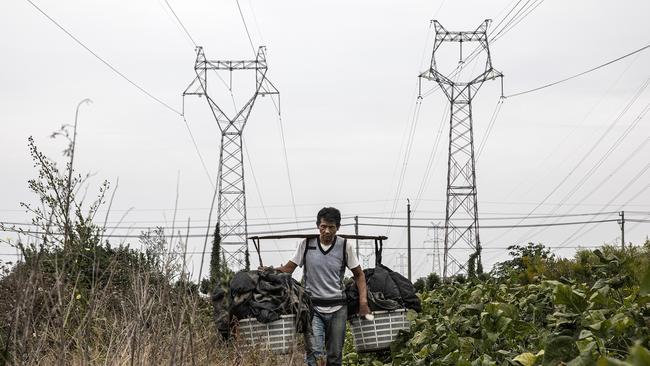
Environment
Don't miss out on the headlines from Environment. Followed categories will be added to My News.
Soaring gas prices in Europe threaten to trigger food shortages, factory closures and massive job losses, and could get even worse as the weather gets colder, experts have warned.
Gas prices have increased by 600 per cent in some countries, causing supply problems for a wide range of industries, including retail, food and agriculture.
Some have likened the current situation to the oil shocks of the 1970s. Others say it has the potential to become an even bigger global problem.
The crisis is a “salient reminder that you can’t just turn off one part of your energy system and hope for the best,” the head of one of Australia’s largest resource industry organisations has argued.
Andrew McConville, the chief executive officer of the Australian Petroleum Production and Exploration Association (APPEA), said the crisis “highlights that the development of alternative sources of energy is complex and takes time, and we’re not at that point yet where there is like-for-like replacement for the energy that comes from hydrocarbons”.
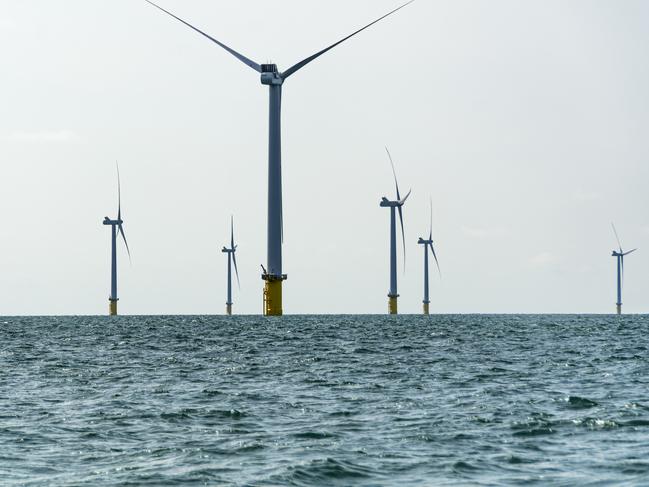
In the UK, a comparatively windless few months caused a massive drop in energy production from turbines, sending prices up and forcing a greater reliance on already scarce supplies of natural gas. The energy regulator also took the dramatic step of firing up an older coal-fired power station.
Meanwhile in China, a spike in the cost of coal is also prompting increased demand for gas, further exacerbating global supply issues. With energy prices at record highs, 12 provinces have introduced power rationing for businesses and factories, while Beijing has ordered an immediate increase in coal mining. Some commentators have argued China’s ban on Australian coal imports has only made their problems worse.
One week out from the start of the COP26 climate conference in Glasgow, the global energy issues have caused some to question whether there should be a rethink on the rush to embrace renewables such as wind and solar.

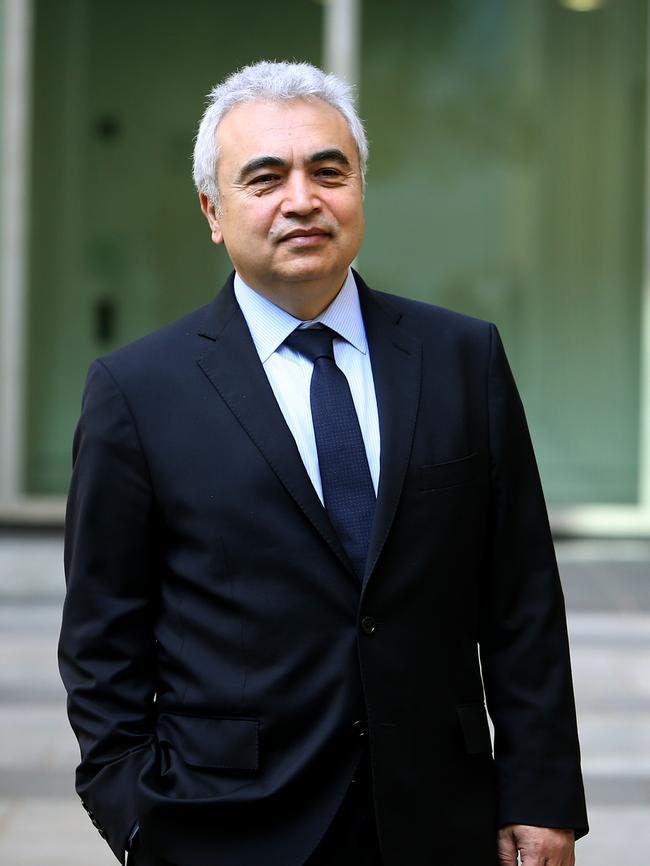
In Australia, Nationals leader Barnaby Joyce and outspoken Senator Matt Canavan have both cited Europe’s energy woes as a reason for their opposition to net zero targets.
The head of the International Energy Agency Fatih Birol has said suggestions the crisis was caused by the transition to renewables were wrong. But he also conceded concerns about renewables “may become a barrier to the policies we need to enact to make the energy transition work” if they became “the dominant voice”.
Mr McConville said the energy crisis had the potential to influence negotiations in Glasgow.
“My hope is that it underscores the importance of hastening slowly,” he said.
But the current crisis was also a “reasonably short term problem. It’s one of supply in its purest form,” he said.
Australia was somewhat “insulated” from the global volatility in resources other than oil because of our sovereign production capabilities, he said, whereas Europe had become increasingly exposed to price fluctuations as it had moved away from long-term contracts for gas. More and more gas was being traded at spot prices, Mr McConville said.
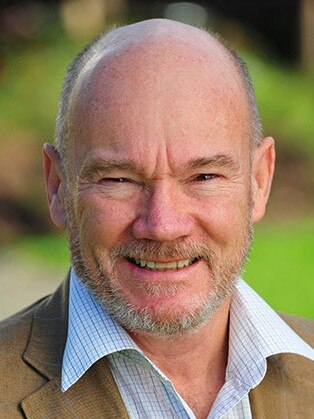

In an influential analysis of the current energy crisis, Nikos Tsafos from the Center for Strategic and International Studies in the US said the supply shortfall was “being used as a political excuse by both sides of the aisle”.
Mr Tsafos said an electricity system run on intermittent energy sources was “bound to be volatile and produce enormous short-term stress”.
But he also pointed out Europe’s energy crisis was affecting all countries on the continent, regardless of the level of renewables in their system.
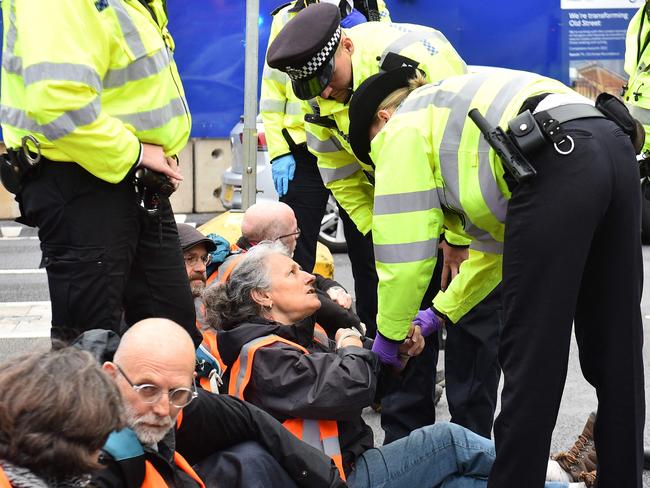
Greg Bourne, a former President of BP Australasia and advisor to Margaret Thatcher who is now a member of the Climate Council, rejected the suggestion that Europe’s energy crisis was in some way caused by its embrace of renewable energy.
“Europe is coming out of an economic depression, effectively,” he said. “We’ve been in Covid and obviously the economic activity was suppressed by that. What we’re seeing now is the bounce-back. Demand now suddenly exceeds supply.”
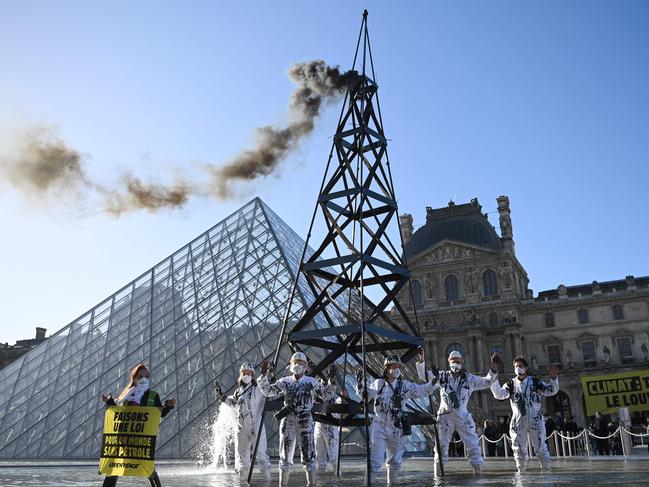
Mr Bourne said he doubted the crisis would affect negotiations at COP26.
“One swallow doesn’t make a summer,” he said. “People see this for what it is – short term volatility.”
But the crisis did illustrate the need for resilience to be built into the energy supply system, he said.
“Whether it be energy or food supply, building resilience into a system is really important,” Mr Bourne said.
“Europe does have system resilience but even the best of systems under the largest of stress will have hiccups. Absolutely that will be the case.”
More Coverage
Originally published as What Europe’s energy crisis means for Australia





